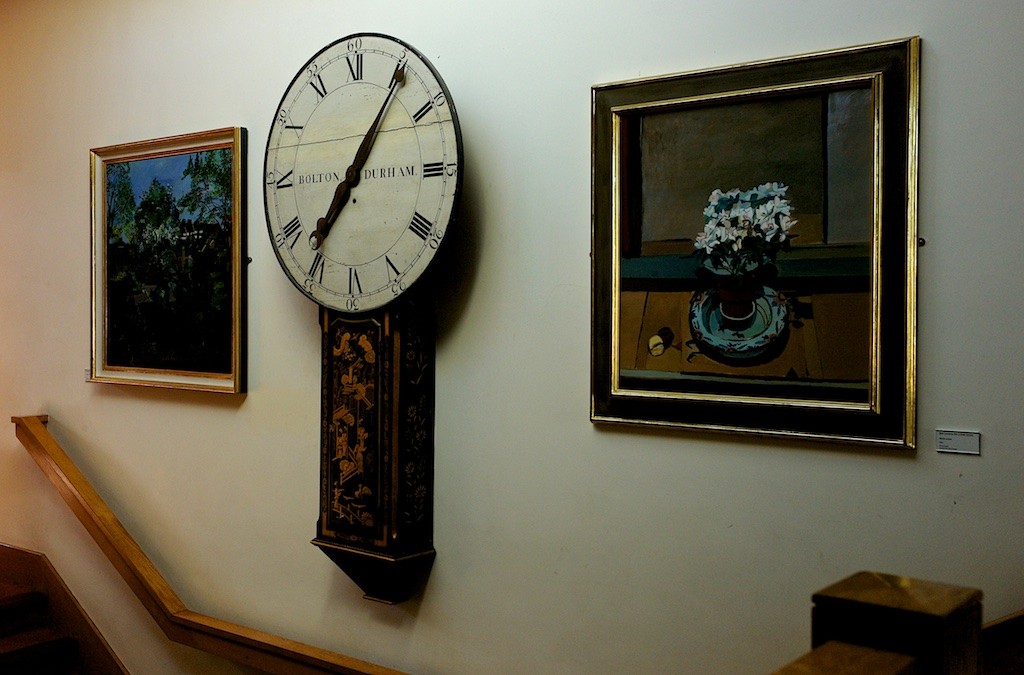… is the headline on a NYT story. Well, of course it is, given what we now know as a result of a leaked State Department memo which gives a frank assessment of the fiasco so far.
WASHINGTON — An internal State Department assessment paints a dismal picture of the efforts by the Obama administration and its foreign allies to combat the Islamic State’s message machine, portraying a fractured coalition that cannot get its own message straight.
The assessment comes months after the State Department signaled that it was planning to energize its social media campaign against the militant group. It concludes, however, that the Islamic State’s violent narrative — promulgated through thousands of messages each day — has effectively “trumped” the efforts of some of the world’s richest and most technologically advanced nations.
It also casts an unflattering light on internal discussions between American officials and some of their closest allies in the military campaign against the militants. A “messaging working group” of officials from the United States, Britain and the United Arab Emirates, the memo says, “has not really come together.”
“The U.A.E. is reticent, the Brits are overeager, and the working group structure is confusing,” the memo says. “When we convened meetings with our counterparts, I am certain we all heard about various initiatives for the first time.”




